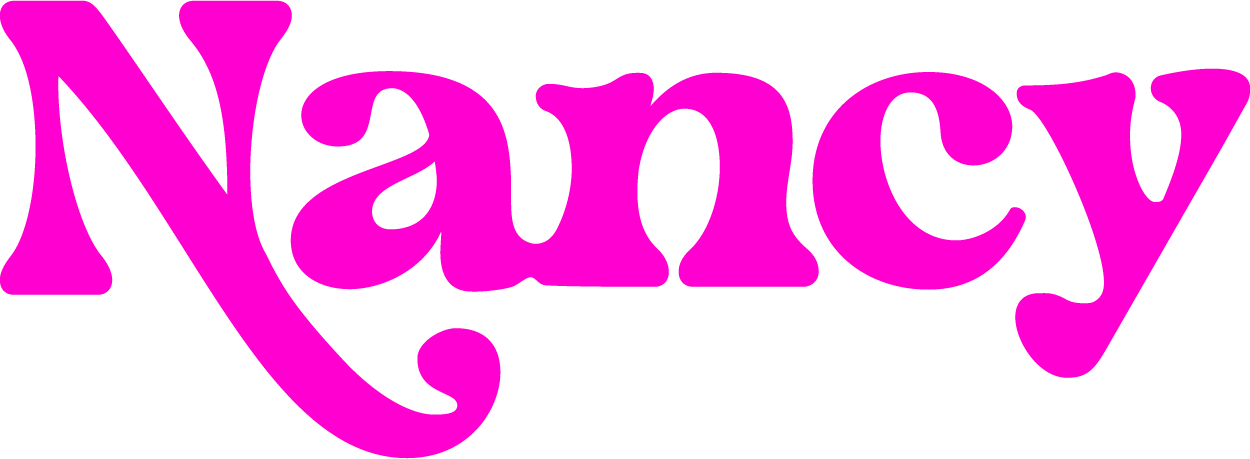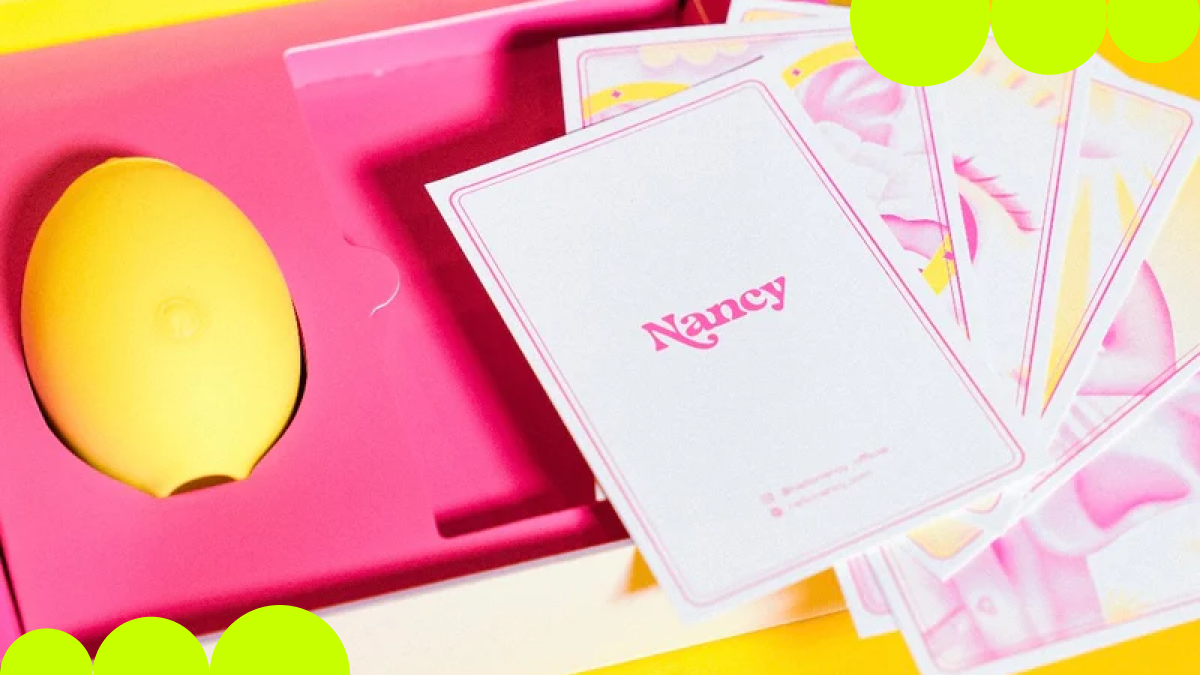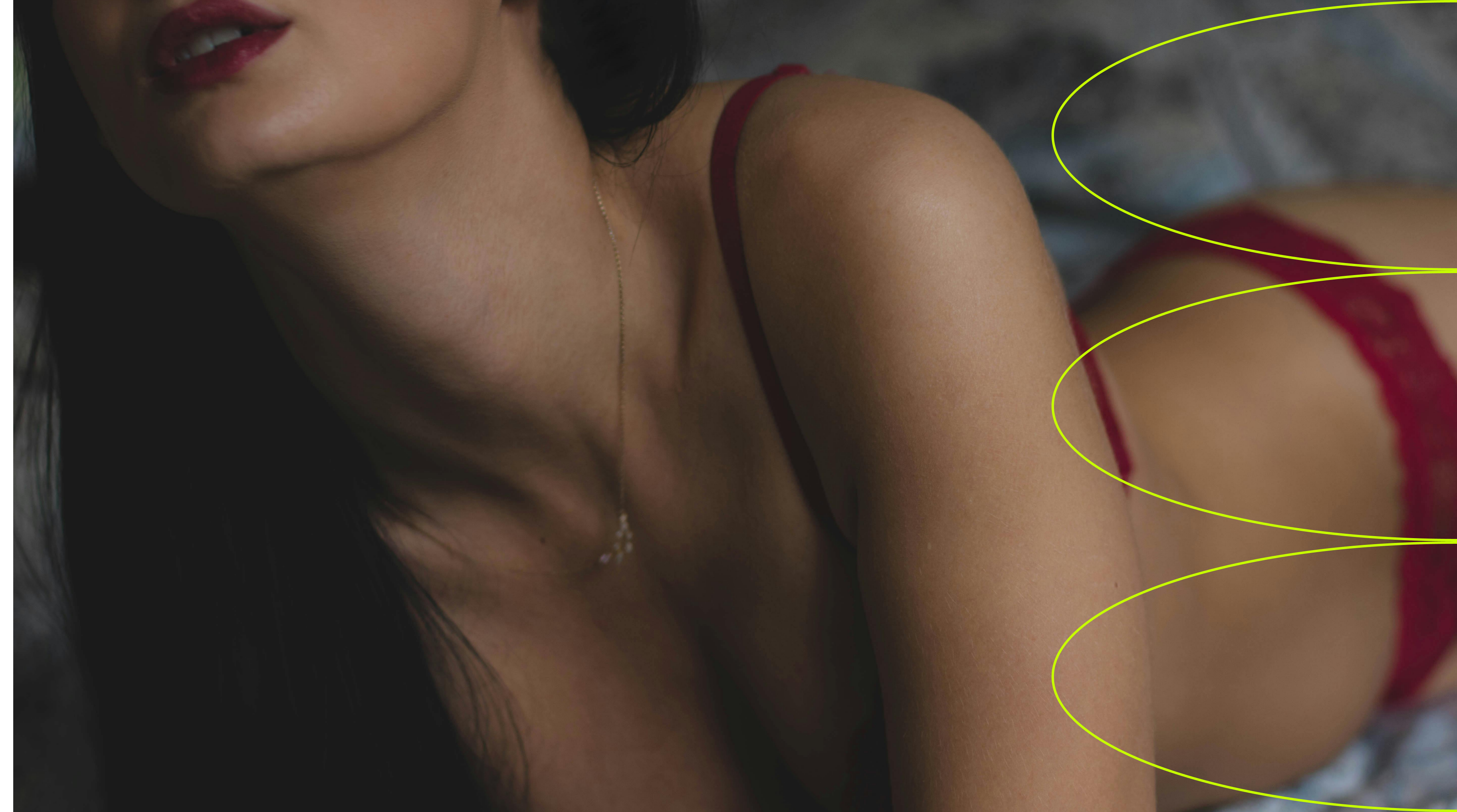 There was this month not too long ago when I was totally baffled by my own feelings—really riding a rollercoaster of emotions. One week, my partner and I were practically living in our own teen romance movie, grabbing every single chance for some alone time. But then, the next week, it was like a complete 180. I was so caught up in this book I was reading, completely lost in it. The thought of cuddling up or anything just didn't appeal to me at all. I was way more into spending time with these fictional characters than actual people. It was such a weird flip! At first, I chalked it up to stress or perhaps a fleeting mood. But then, a pattern emerged, aligning curiously with the phases of my menstrual cycle. It was a revelation that led me down a path of curious enquiry into the fascinating dance of hormones within my body.
There was this month not too long ago when I was totally baffled by my own feelings—really riding a rollercoaster of emotions. One week, my partner and I were practically living in our own teen romance movie, grabbing every single chance for some alone time. But then, the next week, it was like a complete 180. I was so caught up in this book I was reading, completely lost in it. The thought of cuddling up or anything just didn't appeal to me at all. I was way more into spending time with these fictional characters than actual people. It was such a weird flip! At first, I chalked it up to stress or perhaps a fleeting mood. But then, a pattern emerged, aligning curiously with the phases of my menstrual cycle. It was a revelation that led me down a path of curious enquiry into the fascinating dance of hormones within my body.
Diving into the whirlwind world of your menstrual cycle can feel a bit like navigating a thrilling roller coaster—especially when it comes to your sex drive. Ever notice how some days you're all about getting cosy under the covers, while on others, you'd rather just cuddle up with a good book? It's not just you—it's science, babe!
The menstrual phase
The menstrual phase, marking the beginning of your cycle, is often perceived as a natural pause, a gentle reminder from your body to take it slow and prioritise self-care. It's as if your physical and emotional being collectively decide to hit a cosy reset button, urging you to wrap yourself in the comfort of soft blankets rather than seeking passion between the sheets. During this phase, which typically lasts between 3 to 7 days, the levels of oestrogen and progesterone are at their lowest, leading to a natural decrease in libido for many. This hormonal shift cues your body to focus on renewal and recovery, as it sheds the uterine lining and starts the cycle anew.
However, this period is not solely about physical rest and recovery. It also offers an opportunity for emotional introspection and regeneration. The quieting of the hormonal storm that precedes menstruation can bring a sense of calm and clarity, allowing space for reflection that might have been crowded out by the more tumultuous phases of the cycle.
Preovulatory phase
As you leave behind the menstrual phase, the scene in your body shifts noticeably with the start of the preovulatory phase, also known as the follicular phase. This change is marked by the rising levels of oestrogen, a key player that gradually enhances your libido, signalling a period of awakening and anticipation.
This phase follows the end of menstruation and lasts until ovulation, typically covering the span from day 7 to day 14 in an average 28-day cycle. The increase in oestrogen not only gears your body up for ovulation by preparing an egg for release but also brings about a noticeable rebound in your energy levels and a renewed interest in intimacy.
Ovulatory phase
Moving forward in the menstrual cycle, we arrive at the ovulatory phase, a period characterised by a peak in fertility and, for many, an accompanying peak in sexual desire. This phase is the biological highlight of the cycle, where the body is most primed for reproduction. The ovulatory phase, occurring roughly in the middle of the cycle, typically around day 14 in a 28-day cycle, is when an egg is released from the ovary and makes its way down the fallopian tube, available for fertilisation.
During this time, there's a notable surge in oestrogen and luteinising hormone (LH), which not only signals the release of the egg but also has profound effects on your physical and emotional state. Oestrogen, at its peak, continues to fuel an increase in libido, making the allure of intimacy more compelling. This hormone is also linked to a boost in confidence and mood, enhancing your sense of self and your responsiveness to social interactions.
Luteal phase
Transitioning into the luteal phase, the menstrual cycle narrative takes a distinctive turn. This phase, following ovulation, is characterised by a rise in progesterone, a hormone that prepares the body for a potential pregnancy. This shift in hormonal balance can lead to a subtle cooling of the fiery sexual desire that peaks during ovulation, signalling a period where the focus often turns more inward.
The luteal phase, typically lasting from day 15 to the end of the cycle, sees progesterone levels increase, which can influence not just the physical body but also emotional and mental states. While this hormone is crucial for maintaining the uterine lining and supporting early stages of pregnancy, it's also associated with a range of premenstrual symptoms (PMS) for many. These can include mood swings, bloating, and changes in appetite, which might affect one's libido and overall sense of well-being.
Supplement your desire with the Beginner Bliss Bundle

For the wild throes of desire of your menstrual cycle, why not throw Nancy’s Beginner Bliss Bundle into the mix? This thoughtfully curated collection is perfect for those dipping their toes into the world of pleasure products, offering an inviting and unintimidating introduction. With a variety of carefully selected items designed to tantalise and explore, the Beginner Bliss Bundle is an excellent way to add a spark of excitement and discovery to your romantic celebrations.
And here's the sweetest deal to top it all off: the Beginner Bliss Bundle is now available at a 50% discount, no code required! Don't let this exclusive chance slip by! Make your move now and let the Beginner Bliss Bundle be the beginning of a thrilling journey. We're excited to welcome you to a world of discovery and delight 💕








